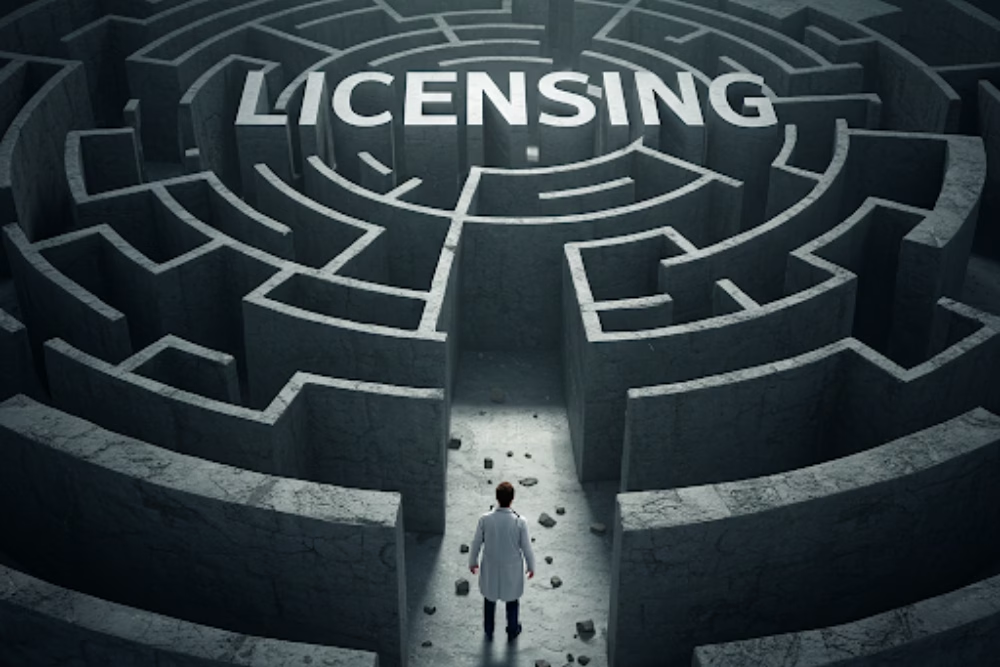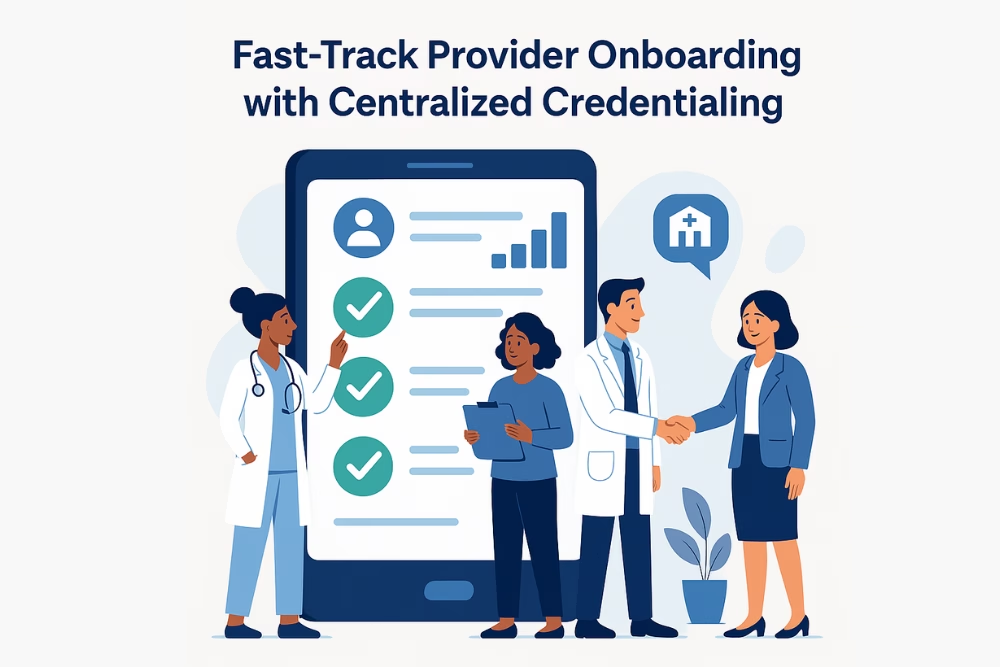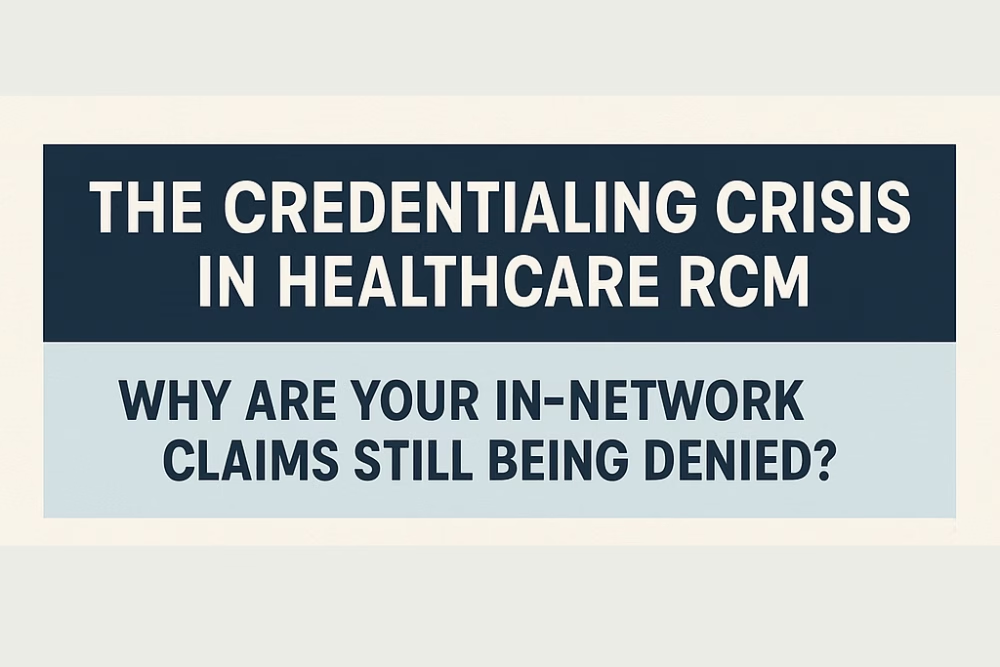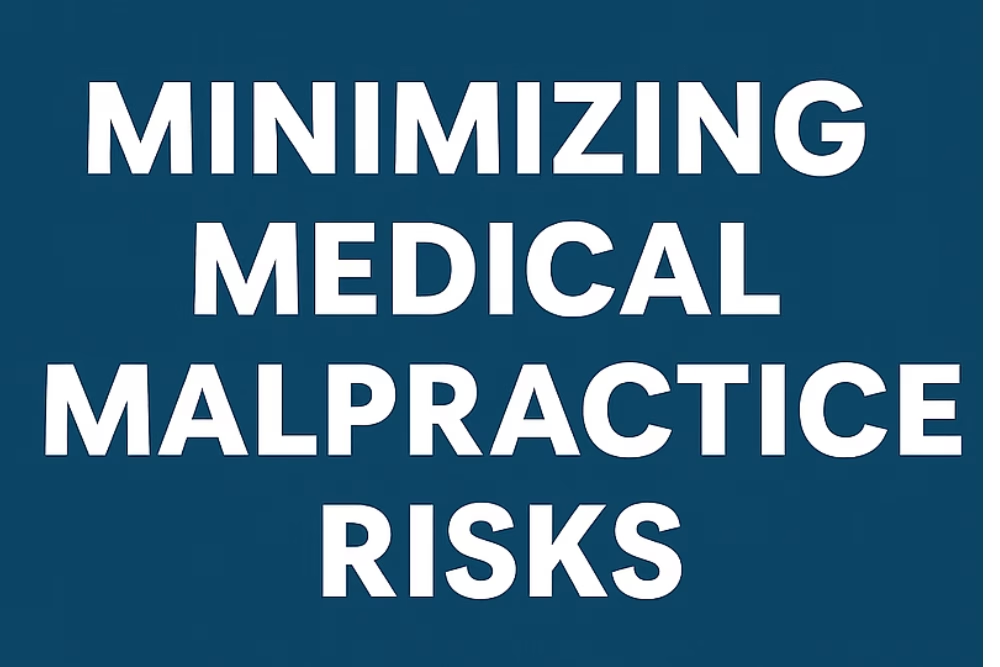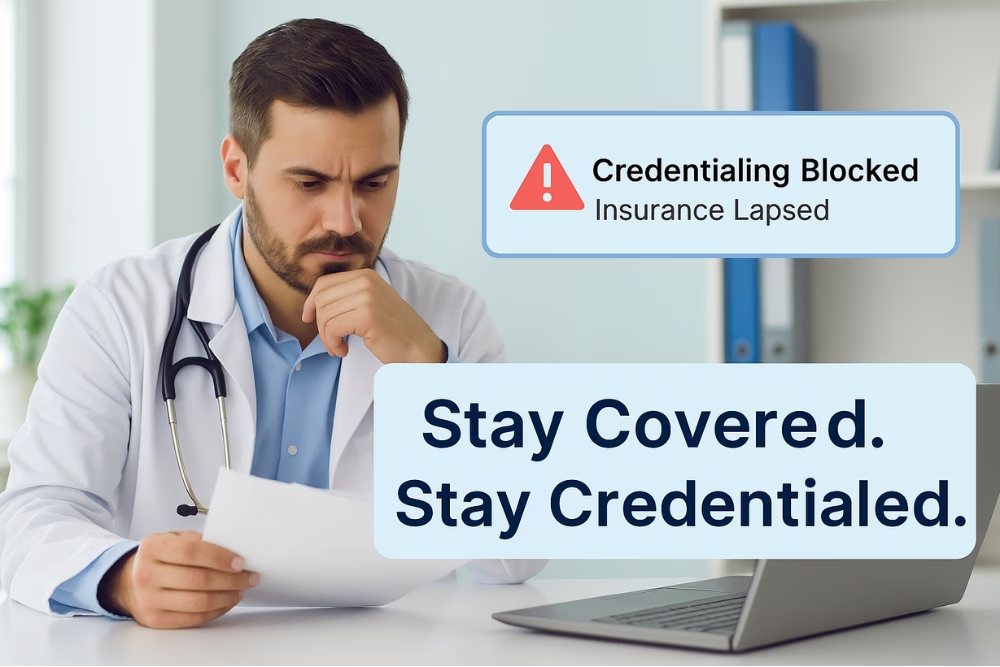Before any healthcare provider can begin practicing or join insurance networks, healthcare licensing is the essential first milestone. It’s not just a formality—it’s a legal requirement that validates your right to deliver care, sets your scope of practice, and lays the groundwork for a smooth credentialing process.
For practice managers, healthcare providers, and clinic owners, understanding the licensing process is key to avoiding unnecessary delays, legal risks, and revenue loss.
Let’s explore how to successfully navigate this vital step.
Why Licensing for Healthcare Providers Matters
Licensing ensures that providers meet professional and legal standards before entering the workforce. Here’s why it’s more than just paperwork:
-
State-Based Regulation: Licensing is controlled at the state level, and each state has different rules. Staying informed on your state’s specific requirements is crucial.
-
Legal Protection: Practicing without a license can result in major legal consequences including fines, license suspension, or legal action.
-
Scope of Practice: A healthcare license clearly defines what procedures or services a provider is legally allowed to perform, which can vary significantly by location and profession.
-
Demonstrates Competency: A license proves the provider has completed accredited training and passed critical exams like the USMLE, COMLEX, or NP certification boards.
-
Credentialing Prerequisite: Licensing is the foundation for getting credentialed with insurance payers, hospital networks, and health plans.
Step-by-Step: The Healthcare Licensing Process
Understanding each step of the licensing journey helps prevent costly missteps:
-
Education & Exams
Graduate from an accredited medical, nursing, or allied health program and pass national exams (e.g., USMLE, NCLEX, etc.). -
Application Submission
Complete your application with personal information, education history, exam scores, and documentation. -
Credential Verification & Background Checks
The licensing board verifies your identity, qualifications, and reviews your criminal background. -
State-Specific Exams (if required)
Some states require jurisprudence or ethics exams that test knowledge of local healthcare laws. -
License Issuance
Upon approval, the license is granted, enabling legal practice and further credentialing steps. -
Continuing Education
To keep your license active, states often mandate CEUs (Continuing Education Units) and periodic renewal.
Pro Tips for a Smooth Licensing Experience
-
Start Early
Licensing can take 60–90 days, so begin as soon as a provider accepts an offer. -
Stay Organized
Use a checklist or licensing software to track documents, deadlines, and submission dates. -
Document Everything
Save digital and physical copies of every form, transcript, or test result you submit. -
Respond Promptly
Delays often happen due to unanswered requests from licensing boards. Quick responses speed up the process. -
Partner with Experts
Working with a professional partner like eClinicAssist reduces administrative stress and eliminates costly errors.
Let eClinicAssist Simplify Your Licensing Process
At eClinicAssist, we know licensing is more than a formality—it’s a business-critical step in getting your providers onboarded, credentialed, and reimbursed. Our team offers hands-on support for state-specific licensing, primary source verification, and document management.
Ready to Get Licensed?
Avoid delays and licensing headaches by partnering with eClinicAssist. We’ll guide you through every step of the process—so your providers are licensed, compliant, and ready to deliver exceptional care.
👉 Contact eClinicAssist today to kickstart your licensing and credentialing journey with confidence

